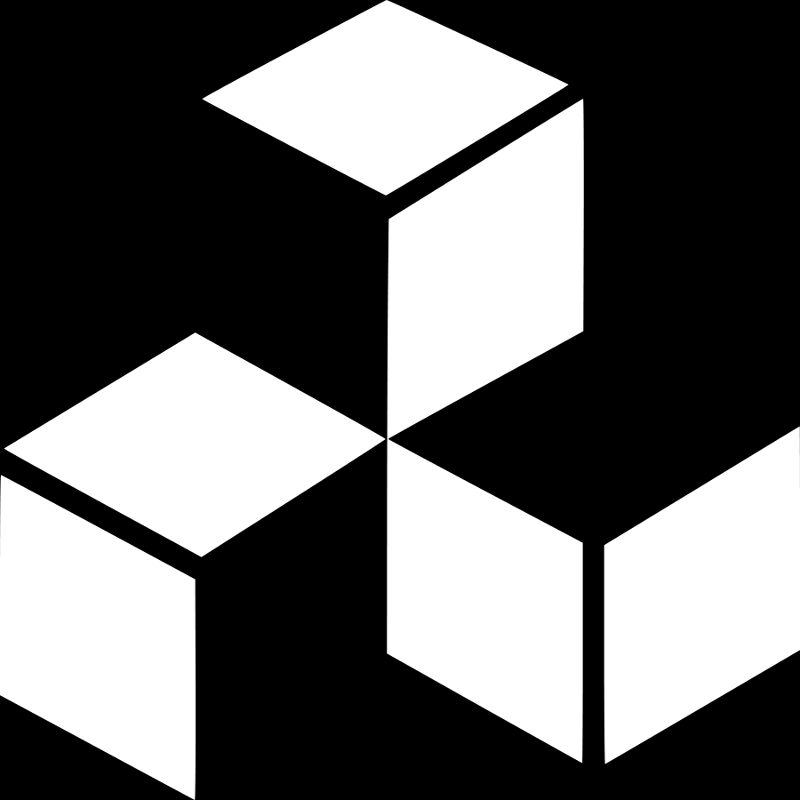Browse our elite collection of AI agents and build your digital workforce in minutes, not months.

AI platform automating document workflows, streamlining data extraction, classification, validation, and generation.

Low-code platform to create custom AI assistants with drag-and-drop, customizable UIs, and enterprise security.

AI-driven platform for generating custom sound effects, offering endless possibilities for film, gaming, and music production.

A no-code AI platform to create and orchestrate agents for automating workflows and converting unstructured data.

A multilingual AI recruiter that automates interviews, matches candidates, and provides analysis to simplify hiring.

Project Alice is an AI framework for creating agents with text-to-speech, speech-to-text, search, and automation tools.

AI platform streamlining procurement, automating orders, and optimizing supplier performance for manufacturers.

Kay AI automates complex tasks, streamlines workflows, and enhances operational efficiency with industry-specific AI solutions.

AI platform by Microsoft and Hugging Face, orchestrating models for advanced text, image processing, and automation.

Automate complex browser workflows with AI using plain English descriptions.
AI workflow automation can enhance productivity by automating repetitive tasks, reducing human error, and optimizing business processes. It allows businesses to focus on higher-value activities, improve decision-making, and deliver better customer experiences.
Some of the best AI automation tools include UiPath, Zapier, Automation Anywhere, Blue Prism, and WorkFusion. These tools offer robust features for automating tasks, managing workflows, and integrating AI into business processes.
AI can automate workflows by using machine learning to handle data processing, decision-making, and task execution. AI can also optimize workflows through predictive analytics, process mining, and natural language processing (NLP) for automating communication and customer support.
Benefits include improved efficiency, reduced operational costs, minimized human errors, faster decision-making, and enhanced scalability. AI-driven automation also helps in better resource allocation, allowing employees to focus on more strategic tasks.
AI automation tools improve efficiency by handling repetitive tasks faster than humans and ensuring accuracy. They reduce errors by following predefined rules and learning from data to improve decision-making and task execution over time.
Key features to consider include ease of integration with existing systems, scalability, AI-powered decision-making, analytics and reporting, drag-and-drop interfaces, real-time collaboration, and the ability to automate both simple and complex workflows.
AI workflow automation tools integrate with existing business systems through APIs, cloud services, and pre-built connectors, enabling seamless data exchange and process automation across different platforms, CRMs, ERPs, and communication tools.
Industries such as manufacturing, healthcare, finance, retail, logistics, and customer service benefit greatly from AI workflow automation. These sectors use automation for process optimization, customer engagement, and data management.
Workflow automation tools streamline business processes by automating manual tasks, reducing bottlenecks, and ensuring consistency. This saves time by speeding up task execution and freeing up employees to focus on higher-value work.
Some of the best AI tools for automating repetitive tasks include UiPath, Zapier, IFTTT, Automation Anywhere, and Microsoft Power Automate. These tools help automate tasks like data entry, email marketing, customer support, and document processing.